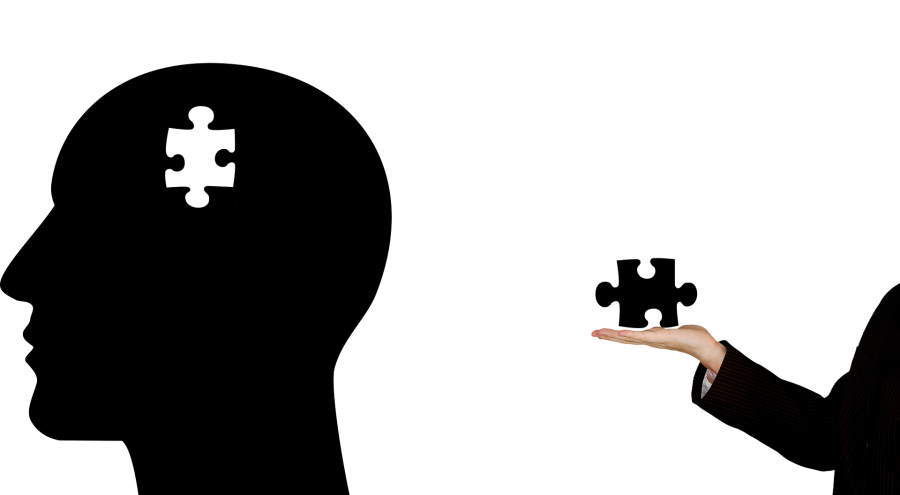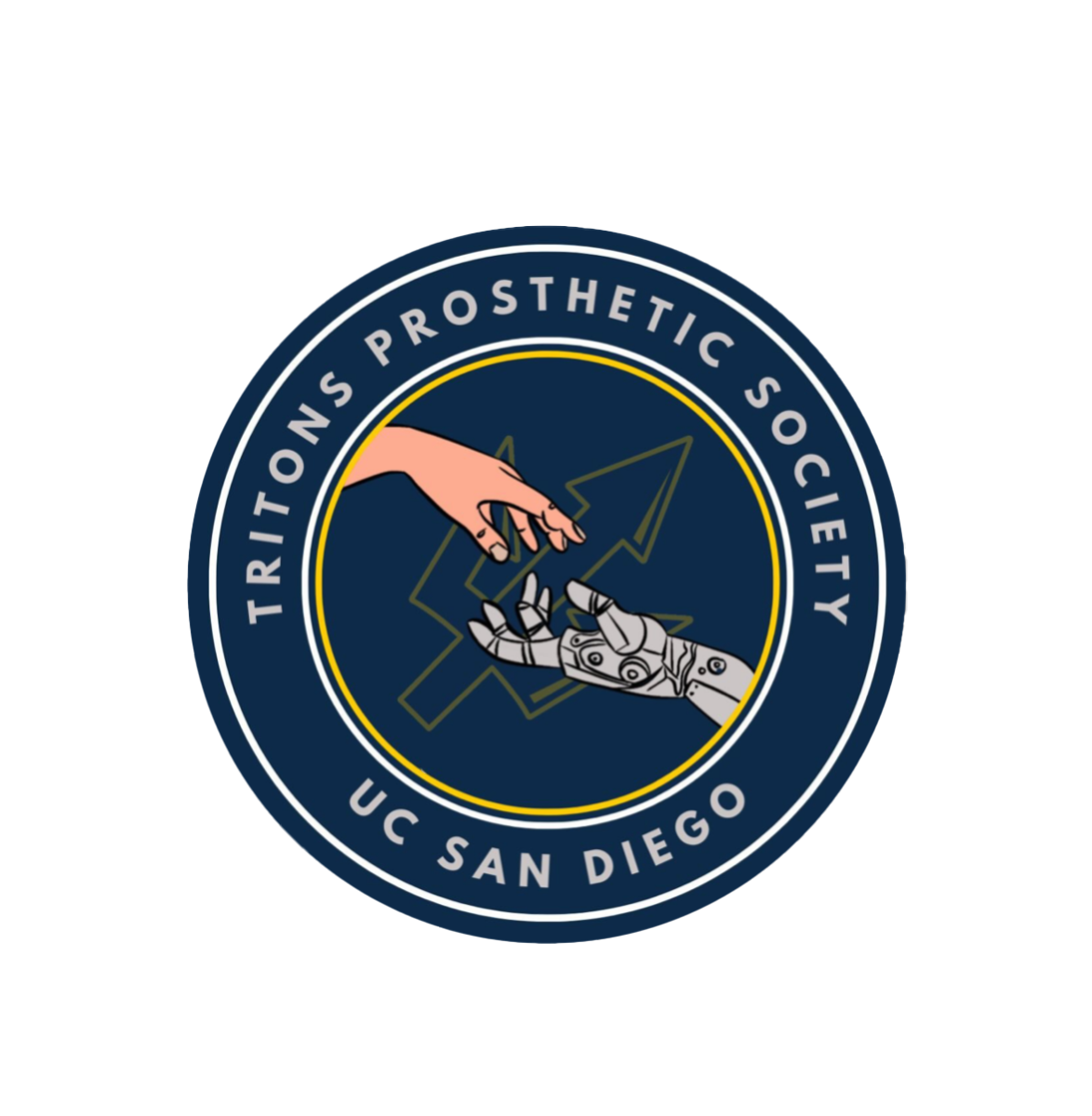UCSD Responds to Mental Health in All CAPS
Jan 23, 2022
As the stresses and challenges of the worldwide pandemic carry on, UCSD’s Counseling and Psychological Services (CAPS) program seeks new ways to connect with students and teach good mental health habits.
Counseling and Psychological Services, or CAPS, plays a key part in addressing mental health at UC San Diego dating back to the 1960s. Their central mission is to guide students through mental health struggles using a variety of preventative measures and treatments.
CAPS’ new preventative practice revolves around several workshops called “Tritons Rise Together.” The Rise Workshop Series takes student data to develop programs which help students with the most relevant barriers to academic success.
Utilizing both their own data and information from the National College Health Assessment, CAPS emphasizes the importance of consistent sleep habits and teaches techniques to avoid procrastination.
The goal of these workshops is to prevent stress and overwhelming emotion before they develop to a stage where a student needs treatment.
Tiffany O’Meara, CAPS’ Director of Outreach, describes the workshops as tools to help students “manage their stress, build resiliency and cope with emotions.” These workshops offer a variety of methods, such as sunrise yoga, guided meditation and instructional advice based on scientific foundations.
CAPS established a new workshop for the Winter Quarter called “Social Justice Self-Compassion Mindfulness Hour,” where they teach self-patience, love and acceptance in the face of overwhelming social issues.
These workshops are open for all students, regardless of their past experience with CAPS services.
In addition to their new workshops, CAPS offers forums for students to discuss their struggles or achievements through forums, such as the Coming Out Forum or the Latinx Cafecito Hour. These offer a sense of community and place of belonging for students.
A similarly interpersonal-focused program CAPS offers is group therapy, a system in which students facing the same struggles work together to build bonds and develop healthy coping strategies.
“It can be so affirming for students. Sometimes that’s the most helpful thing about being in a group. They meet other students so that they feel like they’re not alone,” O’Meara said.
CAPS offers group therapy for Taming Anxiety, Building Social Confidence, and Body Positivity. In these groups, students discuss their own experiences, learn to recognize their feelings and build confidence in the area of focus. The exact discussions for each session are tailor-made to fit the students in the given group.
Unlike the Tritons Rise Workshops, group therapy is a form of actual treatment. As such, it has an endpoint. O’Meara remembers some of her students “tearing up at the end of Spring” when they had to bid their newfound friends goodbye.
To top it all off, CAPS offers a variety of wellness apps through its “iFlourish” program. The university currently offers three primary apps for anonymous and effective self help.
The popular wellness app Headspace is fully unlocked for all UCSD students. It promotes meditation and stress reduction, providing students with techniques to effectively manage their mental health. WellTrack is another app used to track one’s emotional states and use evidence to provide personalized recommendations.
Therapy Assistance Online, or TAO, is an interactive workbook which teaches students similar coping strategies that a therapist would. This provides access to strategies to students who may not yet feel ready to meet a therapist in person or take the first step towards face to face treatment.
CAPS is also working on a new app called “Shine,” an app promoting mindfulness and wellbeing. Its focus will be on reaching out to students from underrepresented communities who tend to suffer from greater anxieties than their counterparts.
Though the apps are great tools for those who may not feel prepared to reach out for individualized support, CAPS still urges students to call in when in need.
Assistant Clinical Director of CAPS Sarah Clavell Storer explains the process of how a student is screened for therapy using a “brief telephone assessment.”
“It’s usually a 15 to 20 minute conversation with one of our licensed providers, and they talk with the student, get a sense of their needs, and then provide them with the next best steps for care,” Storer told The UCSD Guardian. “And then of course, we just want to make sure that students are conveying their needs clearly when they call in. So if the student is having an urgent need, they of course would be scheduled for a same-day appointment.”
CAPS is a frequently used service among both undergraduate and graduate students. Storer notes that, at certain points in the quarter, as many as 50 or 60 appointments may be scheduled each day.
“There’s constantly students calling in to schedule appointments,” Storer comments.
The pandemic has, of course, increased the stress levels of students across the country. According to a study by Texas A&M University, 71% of students indicated that they felt their stress levels rise due to the spread of COVID-19.
Though at times CAPS is overloaded with students, they endeavor to prioritize their cases. They also offer off-campus referrals to students looking for counseling elsewhere.
Nationwide, however, the country’s healthcare system is being put to the test by increased anxiety due to both the pandemic and an overall increase of major natural disasters.
Mental health hotlines have seen increased calls across the board, some reaching highs of 23% increased monthly calls in the past year. According to a survey by Healthy Minds, 60% of students across several universities reported that it was harder to access mental healthcare post-pandemic.
CAPS attempts to navigate the pandemic through the Telehealth system, creating an entirely virtual way for students to access treatment. Fortunately for students and staff alike, CAPS was already developing an online version of its offerings when the pandemic hit.
“I do have to say, looking at my colleagues across the country,” O’Meara recounted, “UCSD moved so quickly.”
An article by EdSource reports widespread college concern about the potential that, in shifts of in person to online, counseling programs could fail to meet student demand.
In light of the circumstances, CAPS has been highly successful in the past year. Storer notes that UCSD plans to keep both online and in person options, even after the university fully reopens.
“There are some students who, for whatever reason really, like the Telehealth more,” Storer claims, “and will even choose to continue in that modality when we return to campus, and that’s fine.”
CAPS’ expansion into the online world mirrors their goals on campus: to “meet students where they are,” as Storer puts it. Whether it be in the seven colleges, at their main office or on screens in students’ homes, CAPS strives to be available and present for students who may want to reach out for support.
Image courtesy by Chetraruc of Pixelbay.


















Catherine Ward • Mar 28, 2022 at 9:26 am
google
Elisa • Mar 24, 2022 at 4:54 am
You are right, the pandemic has severely damaged the psychological health of almost everyone. It’s very stressful, a new illness, job loss, restrictions. I myself have bought many vitamins from au.therastore.co.nz to improve my condition.
Hosea Rowe • Mar 4, 2022 at 3:30 am
Despite its long history of services, CAPS has gained increasing attention from the student body in recent years as a result of rising demands for more mental health resources across campus. The changes come in response to the unique challenges students are facing during the worldwide pandemic. I have visit https://www.dissertation-service.org/history-dissertation/ website to get help for the completion of my research on mental stress topic so that I can spread awareness about this in my surroundings.
cletus • Feb 10, 2022 at 8:48 pm
Paying attention to the current moment aids in the release of bad emotions, as well as past obstacles or experiences. This might be as simple as focusing on how you feel during your daily tasks. Pay attention to the physical cookie clicker sensations you’re experiencing, the sounds you’re hearing, the smells you’re smelling, the steps you’re taking… When you use this technique, your attention improves since your mind don’t wander and instead return to what you’re doing.
Polly • Feb 9, 2022 at 11:02 am
Luckily, there are actually a lot of good ways to get healthy these days. A balanced diet and proper rest is what your body and mind need. If necessary, you can always supplement your diet with healthy supplements, you can find more about this here https://reinventedreviews.com/